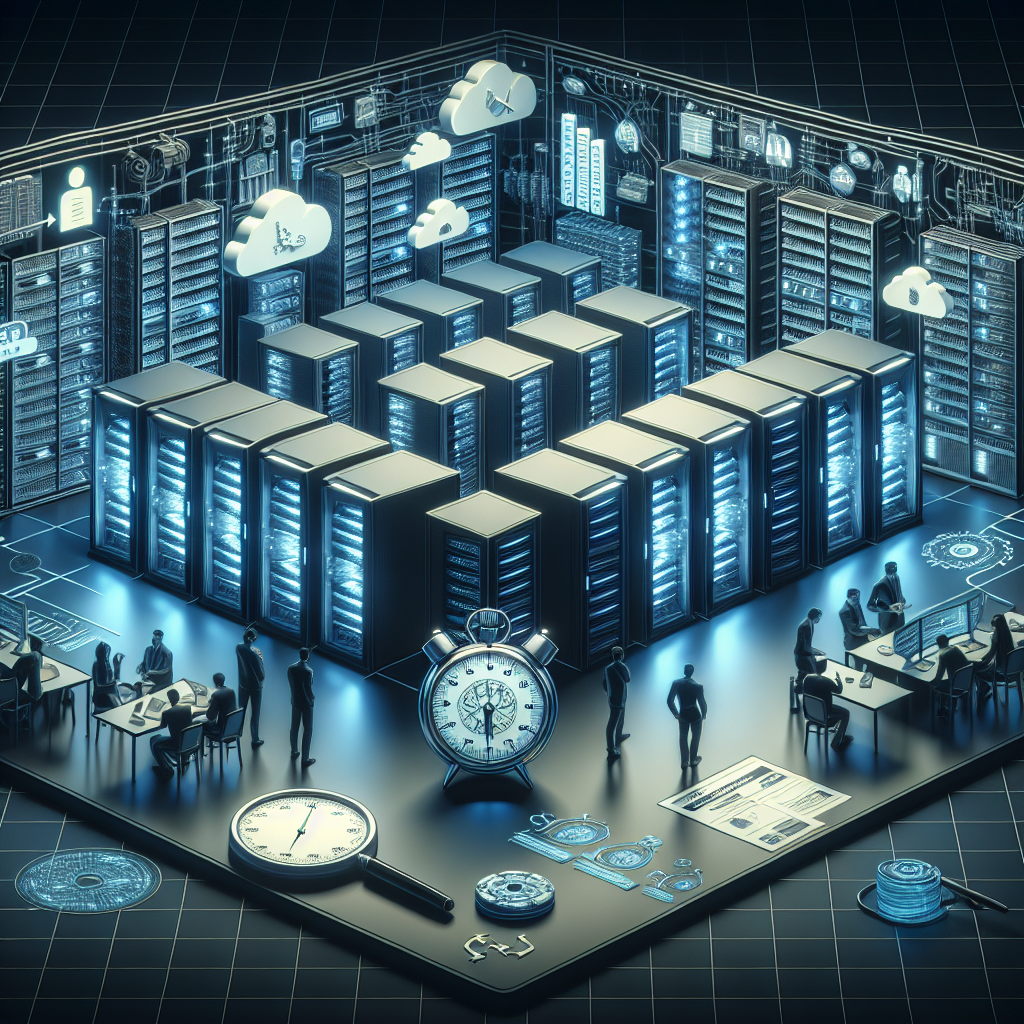Data centers play a crucial role in business continuity planning, ensuring that organizations can continue to operate even in the face of unexpected disruptions or disasters. In today’s digital age, where businesses rely heavily on technology to function, data centers serve as the backbone of operations, housing and managing critical data and applications that are essential for day-to-day functioning.
Business continuity planning is a strategic approach that helps organizations prepare for and respond to potential threats or disruptions to their business operations. This can include natural disasters such as hurricanes or earthquakes, cyber-attacks, power outages, or even equipment failures. Data centers play a key role in this planning process by providing a secure and reliable environment for storing and accessing critical information.
One of the main benefits of data centers in business continuity planning is data redundancy. Data centers are equipped with redundant systems and backup power supplies to ensure that data is always available, even in the event of a power outage or other disruption. This redundancy helps to minimize downtime and ensure that businesses can continue to operate without interruption.
Data centers also play a crucial role in disaster recovery planning. In the event of a disaster, such as a fire or flood, data centers can quickly restore data and applications to minimize the impact on business operations. This can help organizations to recover more quickly and reduce the financial and reputational damage that can result from extended downtime.
In addition to data redundancy and disaster recovery, data centers also provide a secure and compliant environment for storing sensitive information. Data centers are equipped with state-of-the-art security measures, such as access controls, surveillance cameras, and fire suppression systems, to protect data from unauthorized access or theft. This level of security is essential for businesses that handle sensitive customer data or intellectual property.
Overall, data centers are an essential component of business continuity planning, providing organizations with the infrastructure and resources needed to ensure that critical data and applications are always available. By investing in data center services, businesses can better prepare for and respond to potential disruptions, safeguarding their operations and reputation in the face of unexpected events.


Leave a Reply